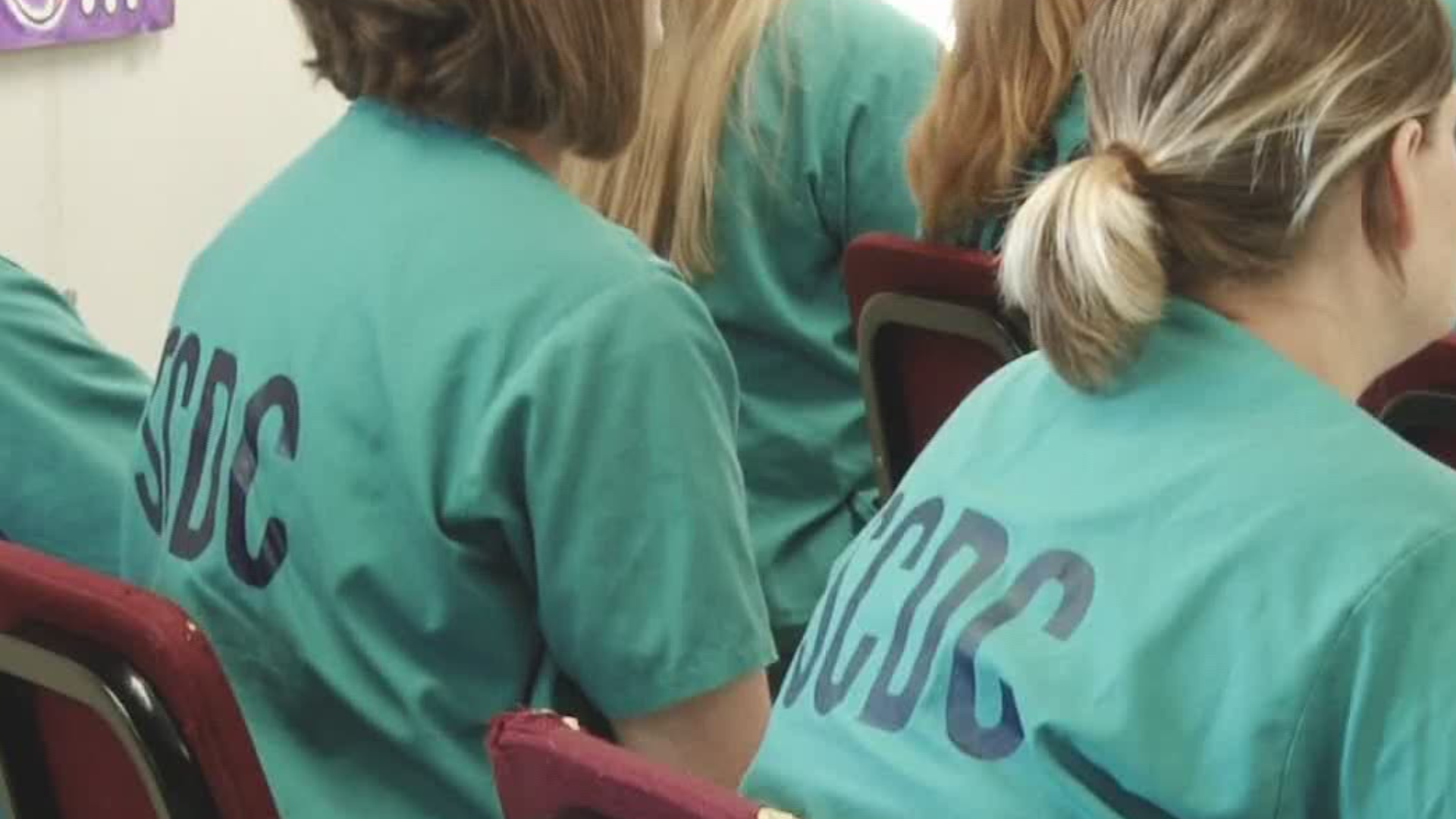Columbia, SC (WLTX) -- Women serving time at a state correctional institution can soon learn how to code.
It's an effort by the South Carolina Department of Corrections (SCDC) to help more inmates re-enter society and lead successful lives.
"We've got the lowest amount of people coming back to prison in the country right now and that is because of programs you're seeing here," said SCDC Director, Bryan Stirling.
Beginning January 2021, women serving time at Camille Graham Correctional Institution can enroll for SCDC's new coding class.
Stirling signed the contract for the new program Monday.
"[It's] pretty intensive. It's five days a week. It's just like school, six hours a day," he said.
Stirling got the idea for the class from other state corrections directors in Tennessee and Arizona. They praised the program, telling Stirling every coding graduate found a job immediately after leaving prison.
"It's 100% placement and within two years they could be making almost $90,000 after doing this," said Stirling. "They'll start off a little bit lower than that, but the growth and potential for a career is incredible."
Right now, there's a dire need for coders in South Carolina and across the country - especially for women.
Girls Who Code, a national organization aiming to close the gender gap in computing, says the number of women joining the industry is declining.
In 1995, 37% of computer scientists were women. Today, it's less than 24%.
The one-year class at SCDC will start with 20 students who are serving for a short time or have a short time left on their sentence.
"The majority of people who come to prison never want to come back. They want to better themselves," said Stirling. "They want to be there for their families and if they can get not just a job, but a career with benefits and retirement and health care and things of that nature, they're not gonna come back."
One concern some may have is prisoners using what they learn in the new class for illegal purposes.
Stirling replied, "You cannot predict the future. All we can do is set them up for success and allow them to climb that ladder. If they want to climb that ladder of success, they can do it. If they choose a different path, we have plenty of law enforcement in the state, both federal and local, and we have a lot of room at the Department of Corrections for them to come back and spend a lot of time here."
If the coding pilot is successful, Stirling anticipates seeking additional funds from state lawmakers for more re-entry programs in the future.
TOP STORIES

